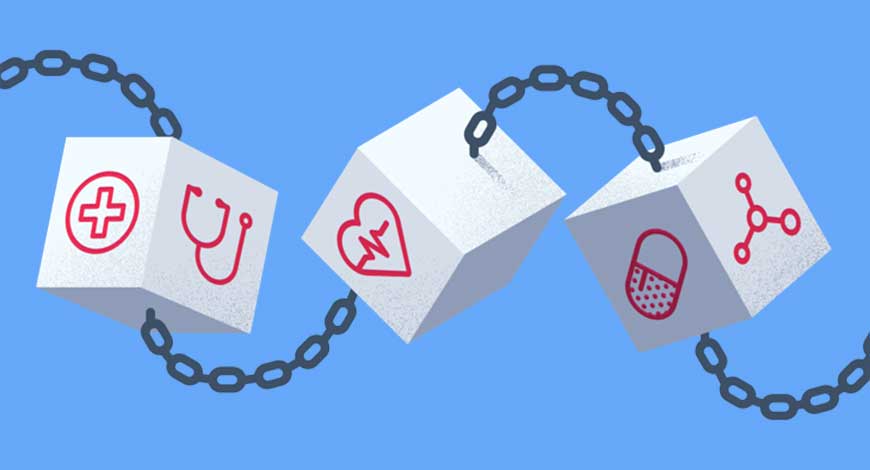Trends
How blockchain technology can reduce data breach risks

The integration of blockchain technology in healthcare represents a significant leap forward in terms of enhancing data security, safeguarding patient privacy and improving supply chain management. This transformative technology is redefining the landscape of healthcare data management.
Revolutionizing healthcare data security
Blockchain technology, with its decentralized and tamper-evident structure, offers a robust solution to the challenges of healthcare data security. In 2024, healthcare systems worldwide are leveraging blockchain to create secure, immutable records of patient data. This not only helps in protecting sensitive information but also ensures that the data remains unaltered and traceable, fostering a higher level of trust among patients and providers.
Safeguarding patient privacy
Patient privacy has always been a paramount concern in healthcare. Blockchain technology addresses this issue by giving patients control over their own data. Through blockchain, patients can manage who has access to their health records, and any access or changes to their data are transparently and securely recorded. This autonomy over personal data marks a significant step in patient rights and privacy.
Transforming supply chain management
The impact of blockchain extends beyond data management to revolutionize healthcare supply chain systems. It ensures transparency and traceability in the supply chain from pharmaceutical manufacturing to the delivery of medical equipment. This not only enhances efficiency but also plays a crucial role in preventing fraud, ensuring the authenticity of medical products and streamlining inventory management.
Case studies: Blockchain in action
Numerous healthcare institutions and companies demonstrate the effective use of blockchain. From securing patient records to tracking the journey of medical supplies, these real-world applications showcase the vast potential of blockchain in enhancing operational efficiencies and patient care.
Empowering patients with data control
One of the most significant impacts of blockchain on patient privacy is the empowerment it offers to individuals regarding their health data. Blockchain enables patients to have unprecedented control over who can access their medical records. This shift not only enhances privacy, but also fosters a sense of ownership and autonomy over personal health information.
Ensuring secure and transparent data access
Blockchain’s inherent features of decentralization, transparency and security ensure that any access to patient data is securely logged and easily auditable. This level of transparency and security is instrumental in building trust between patients and healthcare providers, thus ensuring that privacy concerns are adequately addressed.
Reducing the risk of data breaches
With the rise in digital health records, the risk of data breaches has become a major concern. Blockchain technology addresses this risk by creating an environment where patient data is fragmented and distributed across a network, making it nearly impossible to hack or alter without detection.
Real-world applications
Several healthcare organizations in 2024 are utilizing blockchain to manage patient consent for data sharing, to track health records securely and to ensure compliance with privacy regulations. These applications highlight the technology’s potential to transform how patient data is handled in the healthcare industry.
Conclusion: A secure and transparent healthcare future
The adoption of blockchain technology in healthcare is more than just a technological upgrade. It represents a fundamental shift towards a more secure, transparent and efficient healthcare system. As healthcare stakeholders continue to explore and expand the applications of blockchain, it holds the promise of transforming healthcare for the better. MobiHealthNews













